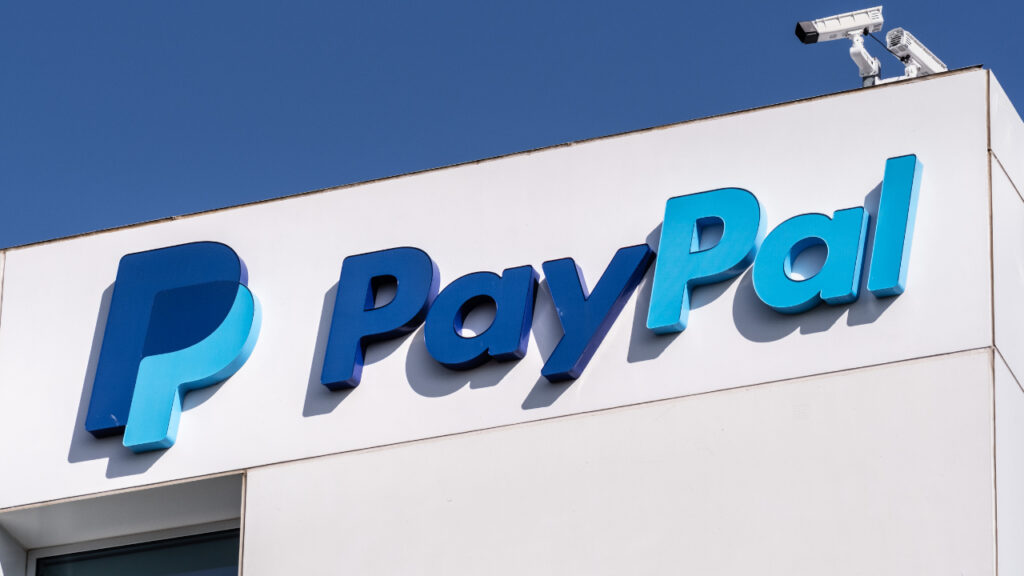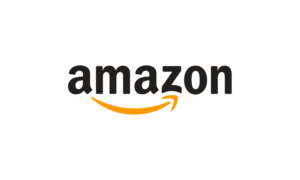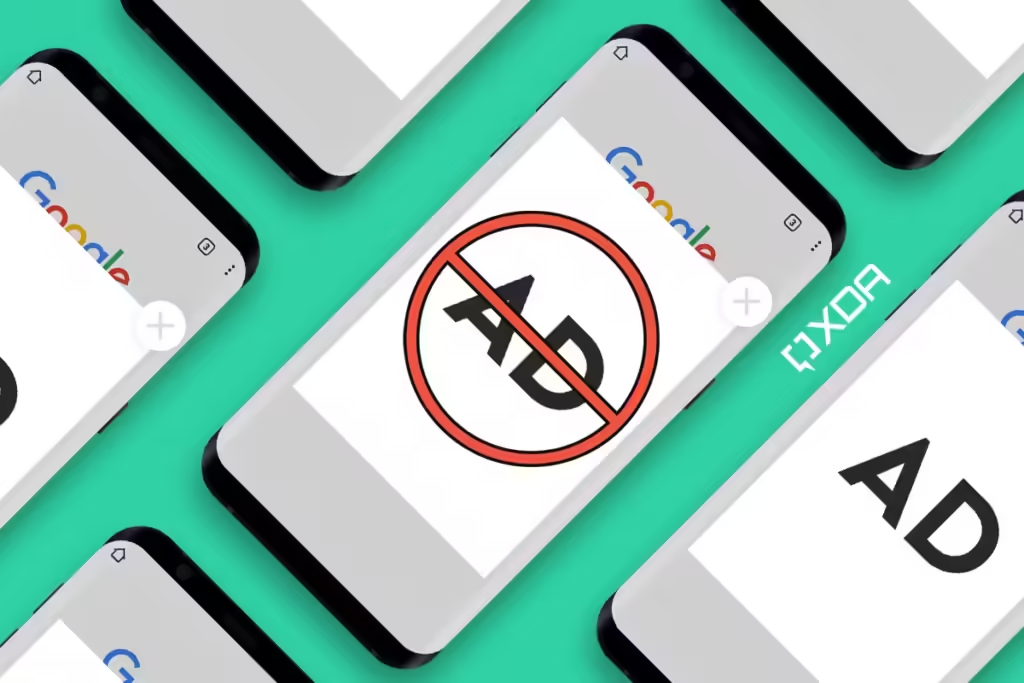Introduction
PayPal is a well-known digital payment platform that has revolutionized online transactions since its inception in 1998. While it offers convenience and widespread acceptance, there are several reasons why PayPal may not be the best option for payments, especially when considering other available alternatives. This article will delve into the various drawbacks of using PayPal, including fees, security concerns, customer service issues, and limitations, to provide a thorough understanding of why you might want to consider other payment options.
High Transaction Fees
One of the most significant drawbacks of using PayPal is its fee structure. PayPal charges fees for various types of transactions, which can add up quickly for businesses and individuals alike.
- Transaction Fees:
- For domestic transactions, PayPal charges a fee of 2.9% of the transaction amount plus a fixed fee based on the currency (e.g., $0.30 USD).
- For international transactions, the fee increases to 4.4% plus a fixed fee.
- Currency Conversion Fees:
- PayPal charges a currency conversion fee of 3-4%, which is higher than many other financial institutions and can significantly impact the total cost of international transactions.
- Micropayments:
- For micropayments, PayPal offers a reduced fee structure, but it is still relatively high compared to other payment processors, making it less ideal for small transactions.
Security Concerns
While PayPal is generally considered secure, there are certain risks and concerns associated with its use.
- Phishing Scams:
- PayPal users are frequently targeted by phishing scams, where fraudulent emails or websites attempt to steal login credentials and financial information.
- Account Freezes:
- PayPal has been known to freeze accounts without warning, often due to suspicious activity or compliance checks. This can be particularly problematic for businesses that rely on PayPal for their daily operations.
- Limited Buyer Protection:
- While PayPal offers buyer protection, it is not foolproof. There have been instances where buyers have reported issues with receiving refunds for legitimate claims, leading to financial losses.
Poor Customer Service
Another common complaint about PayPal is its customer service.
- Slow Response Times:
- Users often report long wait times and slow response times when trying to resolve issues with PayPal’s customer service team.
- Lack of Resolution:
- Many users have experienced frustration with PayPal’s inability to resolve disputes effectively, leaving them with unresolved issues and financial losses.
- Automated Responses:
- PayPal’s reliance on automated responses and lack of personalized service can make it difficult for users to get the help they need.
Account Limitations and Restrictions
PayPal imposes several limitations and restrictions that can be problematic for users.
- Withdrawal Limits:
- PayPal has withdrawal limits in place, which can be inconvenient for users who need to access their funds quickly.
- Verification Requirements:
- PayPal requires users to verify their accounts by linking a bank account or credit card, which can be a hassle and may not be an option for everyone.
- Country Restrictions:
- PayPal is not available in all countries, limiting its usefulness for international transactions and businesses.
Limited Functionality for Businesses
While PayPal offers several features for businesses, it falls short in certain areas compared to other payment processors.
- Recurring Payments:
- Setting up and managing recurring payments can be cumbersome with PayPal, and its features are not as robust as those offered by dedicated subscription management platforms.
- Integration Issues:
- PayPal’s integration with other e-commerce platforms and software can sometimes be problematic, leading to technical issues and lost sales.
- Lack of Advanced Features:
- PayPal lacks some advanced features that are available with other payment processors, such as detailed analytics, custom reporting, and advanced fraud detection.
Alternatives to PayPal
Given the drawbacks of using PayPal, it is worth considering alternative payment options that may better suit your needs.
- Stripe:
- Stripe offers competitive fees, robust security features, and advanced functionality for businesses, including subscription management and detailed analytics.
- Square:
- Square provides an all-in-one payment solution with transparent pricing, excellent customer service, and easy integration with point-of-sale systems.
- TransferWise (Wise):
- For international transactions, TransferWise offers lower fees and better exchange rates compared to PayPal, making it a cost-effective option for cross-border payments.
- Venmo:
- Venmo, also owned by PayPal, offers a more user-friendly experience for peer-to-peer payments and social transactions, with lower fees for personal use.
- Zelle:
- Zelle is a popular option for instant bank transfers within the United States, with no fees for personal transactions.
Conclusion
While PayPal remains a popular and widely accepted payment platform, it has several drawbacks that make it less than ideal for many users. High fees, security concerns, poor customer service, and account limitations can create significant challenges for individuals and businesses alike. By considering alternative payment options, you can find a solution that better meets your needs and provides a more cost-effective and reliable payment experience.
Key Takeaways
- Evaluate Fees: Compare PayPal’s fees with those of other payment processors to determine the most cost-effective option.
- Consider Security: Assess the security features and potential risks associated with using PayPal versus other platforms.
- Customer Service: Look for payment processors with a reputation for excellent customer service and dispute resolution.
- Functionality: Ensure the payment platform you choose offers the features and integrations you need for your business.
- Explore Alternatives: Consider using alternative payment options like Stripe, Square, TransferWise, Venmo, or Zelle for a better payment experience.
By understanding the limitations of PayPal and exploring other payment solutions, you can make an informed decision that best suits your financial needs and business objectives.
















